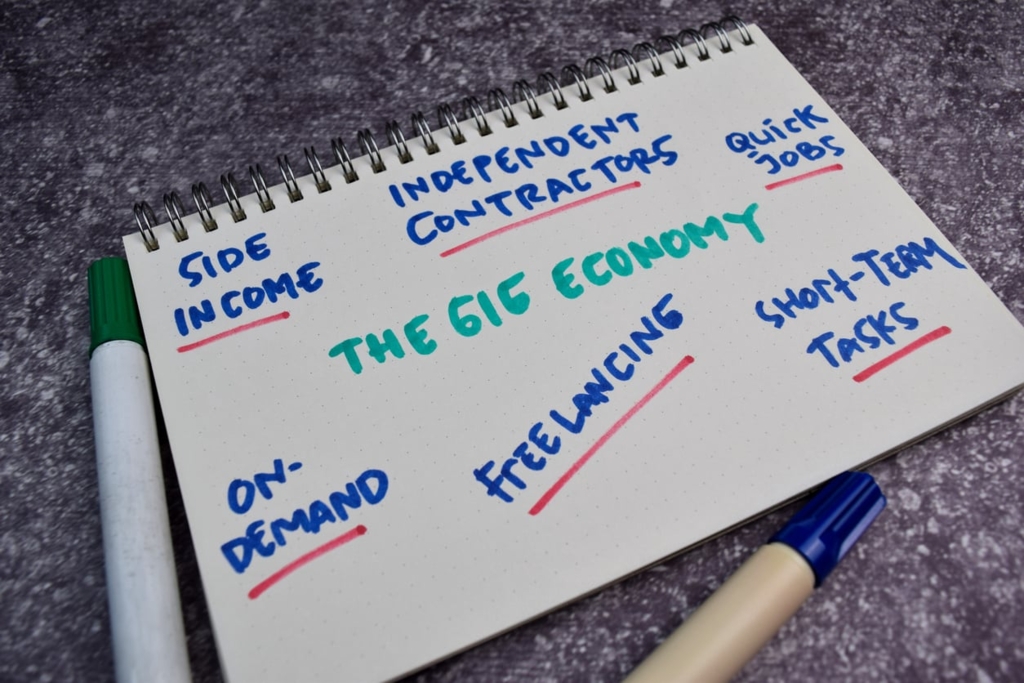The Gig Economy and Personal Finance: How to manage your money in the era of freelancing

The gig economy, also known as the sharing or on-demand economy, has experienced rapid growth in recent years. This economic model is based on the proliferation of short-term, flexible jobs that are often facilitated through online platforms. While the gig economy offers many opportunities for flexible and independent work, it also presents unique challenges when it comes to personal finance.
One of the biggest challenges of the gig economy is the lack of a steady income. Traditional employment typically offers a consistent salary or hourly wage, but gig economy jobs often vary in terms of pay and availability. This can make it difficult to plan and budget effectively, as income may fluctuate from month to month.
To manage your finances in the gig economy, it's important to have a good understanding of your earning potential and spending habits. This can involve tracking your income and expenses, setting financial goals, and creating a budget that accounts for the fluctuating nature of gig economy work.
Another key factor to consider in the gig economy is the lack of employer-provided benefits, such as health insurance and retirement savings plans. This means that it's up to the individual to take responsibility for their own financial wellbeing, including saving for retirement and securing adequate health coverage.
One way to address this issue is to take advantage of the tax benefits of freelance work. This can include deductions for business expenses and the ability to contribute to a retirement savings plan, such as a Solo 401(k) or SEP IRA.
Additionally, it's important to build an emergency fund to provide a financial safety net in case of unexpected expenses or a decrease in income. This can help to ensure that you're prepared for the ups and downs of gig economy work and protect against financial insecurity.
Overall, managing your money in the gig economy requires a proactive and adaptable approach. By understanding your earning potential, creating a budget, and taking advantage of tax benefits and emergency savings, you can navigate the challenges of the gig economy and secure your financial future.



